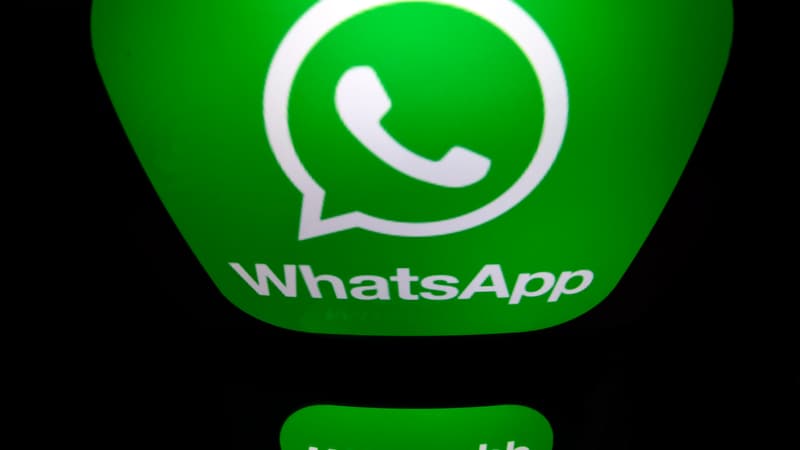Iran will maintain access restrictions to Instagram and WhatsApp, the most popular foreign platforms in the country, which have been blocked for several months due to the protest movement, President Ebrahim Raisi announced.
The apps at the origin of insecurity according to Raïssi
The authorities had imposed drastic restrictions on the internet and social media, including blocking access to Instagram and WhatsApp, following the start of the protests that erupted following the death in custody of Mahsa Amini in mid-September.
The two platforms of Meta, Mark Zuckerberg’s American company, “were at the origin of insecurity in the country during the recent riots,” explained Ebrahim Raïsi. But, he added, “I have told the country’s officials that the Internet outages are causing the nation’s discontent.”
Netizens had hoped for a loosening of the restrictions as the number of protests has decreased in recent weeks. The former porte-parole du gouvernement, Ali Rabii, averti fin janvier que les activités d'”environmento treis millions d’entreprises et l’emploi de 12 million de personnes” étaient à internet en Iran, devenu un país très connecté in recent years.
Difficult VPN access
Instagram and WhatsApp were the most used applications since the blocking of the Youtube, Facebook, Telegram, Twitter and Tiktok platforms in recent years.
Even before the challenge, access to the Internet was restricted: without VPN-like software, most websites hosted outside the country are inaccessible. The new restrictions have made it difficult to access the VPN.
The Telecommunications Minister, Issa Zarepour, explained this Wednesday on television that the blocking of WhatsApp and Instagram had been approved by “the Supreme National Security Council in the presence of the president, the head of the judiciary and the head of parliament.”
Authorities say hundreds of people, including members of the security forces, have been killed during the protests and thousands more have been arrested.
Source: BFM TV


